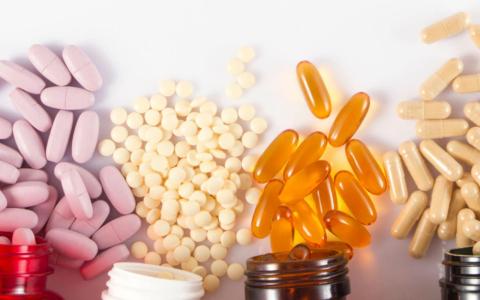
Hidden Dangers: Fat Burners and Muscle Builders Top List of Banned Substance Risks
Published on April 14 by Matt

A recent Australian survey has sent shockwaves through the athletic community by revealing that approximately one in three sports supplements may contain banned substances. The findings are particularly alarming for athletes subject to anti-doping regulations, where a single misstep—intentional or not—can lead to suspensions, lost sponsorships, or even career-ending consequences.
Supplements Under Scrutiny
The survey, conducted by an independent testing authority, analyzed a broad range of over-the-counter sports supplements available in Australia. The results were sobering: 33% contained ingredients not listed on their labels that are prohibited by the World Anti-Doping Agency (WADA).
Among the most problematic categories were fat burners and muscle-building supplements. These products were far more likely to contain illicit stimulants, anabolic agents, or other performance-enhancing drugs masked under pseudonyms or undisclosed ingredients.
Why Athletes Should Be Concerned
The danger lies in the fact that many athletes, both amateur and professional, rely on supplements to support training, recovery, or physique goals. However, with such a high contamination rate, even well-intentioned supplementation could result in a positive doping test.

Many of the banned substances identified include:
- Selective Androgen Receptor Modulators (SARMs)
- Stimulants such as DMAA or methylhexanamine
- Anabolic steroids or their derivatives
- Contaminated or mislabeled ingredients
Strict Liability and Anti-Doping Rules
Under anti-doping rules, athletes are held to a "strict liability" standard. This means they are responsible for everything they ingest—whether or not they were aware of its contents. A positive test result due to a contaminated supplement will not be excused.
Protecting Yourself as an Athlete
To avoid the risk, athletes are urged to:
- Only use supplements that have been batch-tested by reputable organizations such as Informed-Sport or HASTA (Human and Supplement Testing Australia).
- Avoid high-risk product categories like fat burners or “pro-hormone” muscle builders.
- Research brands and read reviews from other athletes who have used third-party certified products.
- Consult sports dietitians or medical professionals before adding new supplements to a routine.
A Call for Regulation
The findings also reignite the debate about tighter regulation in the supplement industry. Currently, many supplements are classified as food products in Australia and globally, meaning they are not subject to the same rigorous standards as pharmaceutical drugs. Advocates are calling for mandatory third-party testing and clearer labeling laws to protect consumers, especially athletes.
The supplement industry remains a minefield for athletes, where what you don’t know can hurt you. With one in three products containing banned substances, the risk of accidental doping is real—and potentially career-ending. Athletes should remain vigilant, educate themselves, and only trust certified, batch-tested supplements.